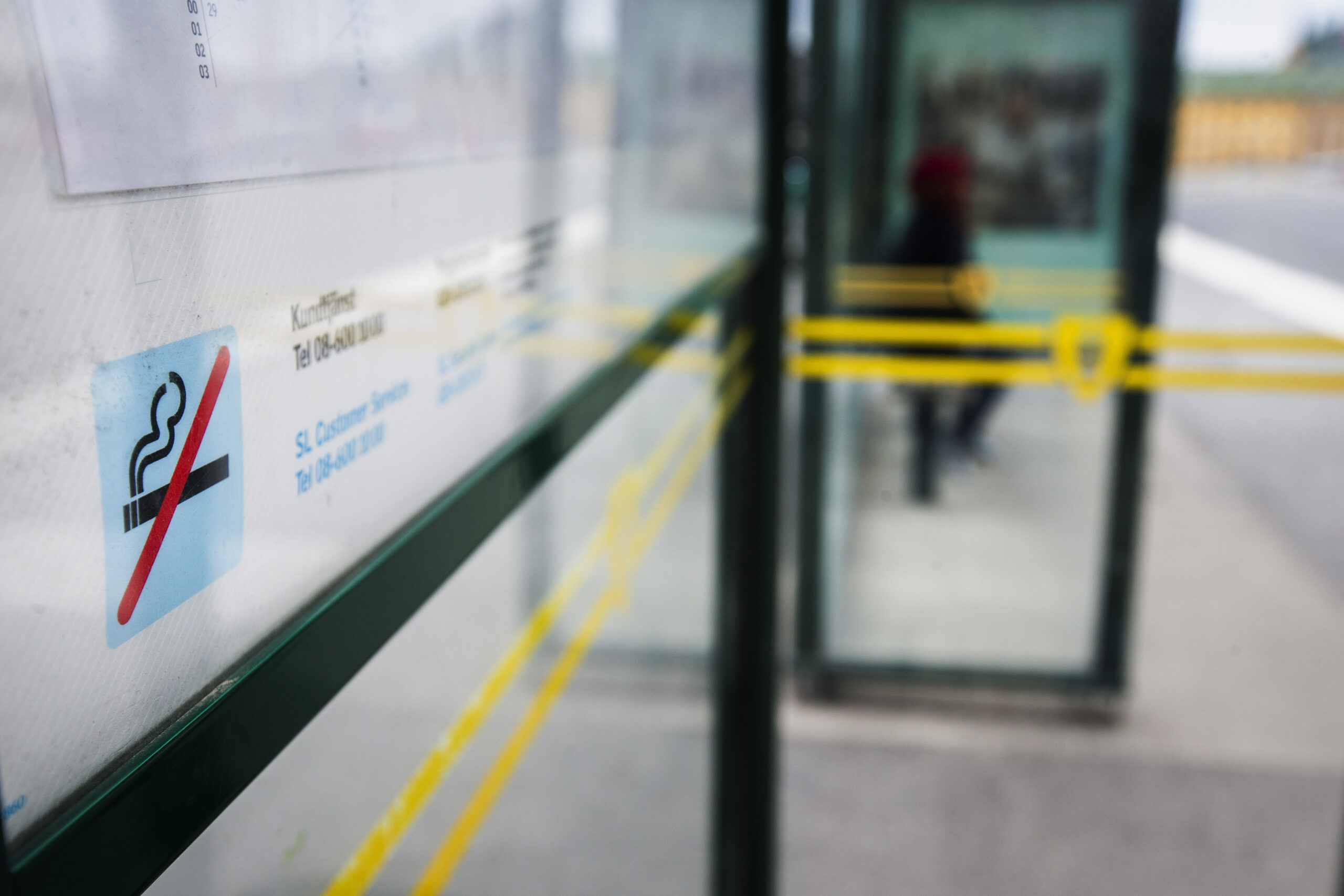STOCKHOLM (AP) – Summer is in the air, cigarette smoke is not, in Sweden’s outdoor settings.
As the World Health Organization marks “World No Tobacco Day” on Wednesday, Sweden, which has the lowest rate of smoking in the Europe Union (EU), is close to declaring itself “smoke free” – defined as having fewer than five per cent daily smokers in the population.
Many experts give credit to decades of anti-smoking campaigns and legislation, while others point to the prevalence of “snus”, a smokeless tobacco product that is banned elsewhere in the EU but is marketed in Sweden as an alternative to cigarettes.

Whatever the reason, the five per cent milestone is now within reach. Only 6.4 per cent of Swedes over 15 were daily smokers in 2019, the lowest in the EU and far below the average of 18.5 per cent across the 27-nation bloc, according to the Eurostat statistics agency.
Figures from the Public Health Agency of Sweden show the smoking rate has continued to fall since then, reaching 5.6 per cent last year.
“We like a healthy way to live, I think that’s the reason,” said Carina Astorsson, a Stockholm resident. Smoking never interested her, she added, because “I don’t like the smell; I want to take care of my body.”
The risks of smoking appear well understood among health-conscious Swedes, including younger generations. Twenty years ago, almost 20 per cent of the population were smokers – which was a low rate globally at the time. Since then, measures to discourage smoking have brought down smoking rates across Europe, including bans on smoking in restaurants.
France saw record drops in smoking rates from 2014 to 2019 but that success hit a plateau during the height of the COVID-19 pandemic – blamed in part for causing stresses that drove people to light up. About one-third of people aged 18 to 75 in France professed to having smoked in 2021 – a slight increase on 2019. About a quarter smoke daily.
Sweden has gone further than most to stamp out cigarettes, and says it’s resulted in a range of health benefits, including a relatively low rate of lung cancer.
“We were early in restricting smoking in public spaces, first in school playgrounds and after-school centres, and later in restaurants, outdoor cafes and public places such as bus stations,” said secretary-general of the Swedish Cancer Society Ulrika Årehed.
“In parallel, taxes on cigarettes and strict restrictions on the marketing of these products have played an important role.”
She added that “Sweden is not there yet”, noting that the proportion of smokers is higher in disadvantaged socio-economic groups.






